
Article
Six Months of COVID Vaccines: What 1.7 Billion Doses Have Taught Scientists
As countries race to administer coronavirus vaccines, researchers are analysing the effects while a rash of viral variants raises concern.
Nature,
2021
Recommendation
Now that six months have passed since COVID-19 vaccines were made available to the general public in the United States, scientists are collating data on their safety and effectiveness. They are finding that, just as the clinical trials suggested, the vaccines are safe and exceptionally effective at preventing illness. Some elicit dangerous side effects, but these are rare and pale in comparison to the dangers of getting COVID-19.
Summary
About the Author
Heidi Ledford is a senior reporter for Nature in London. She writes about biology and medicine.
By the same author
Learners who read this summary also read
Article


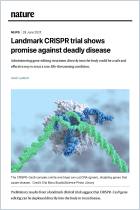
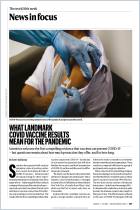
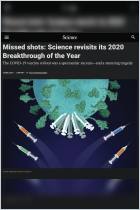

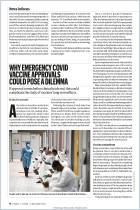
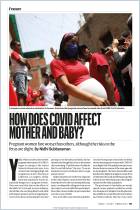

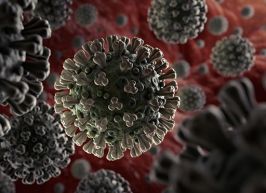
Comment on this summary